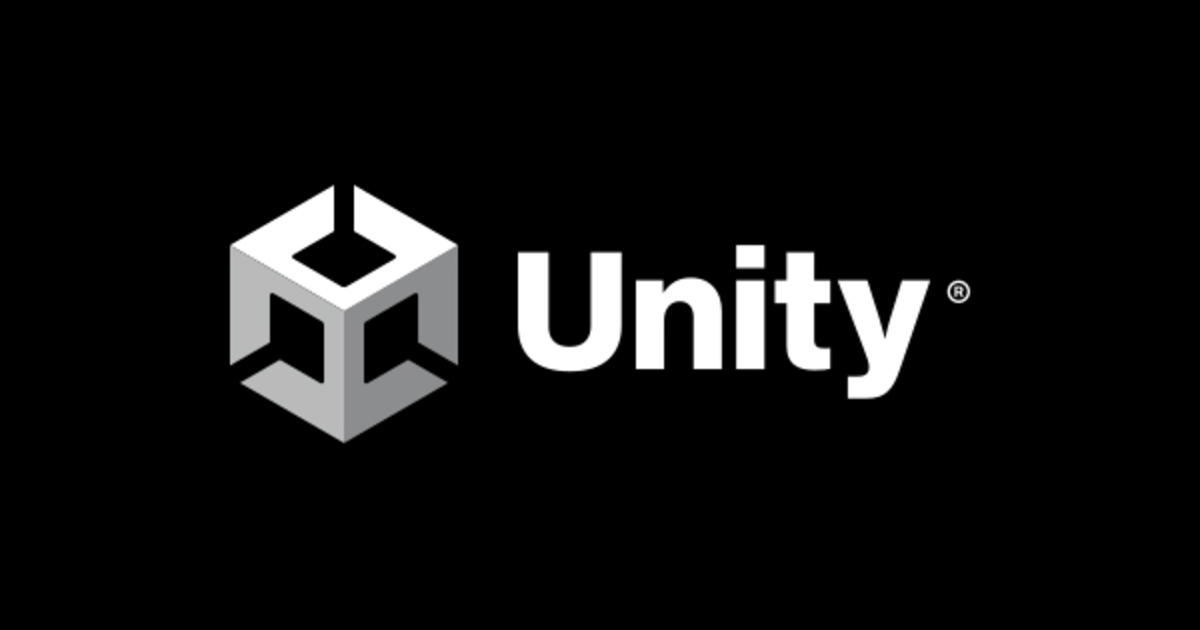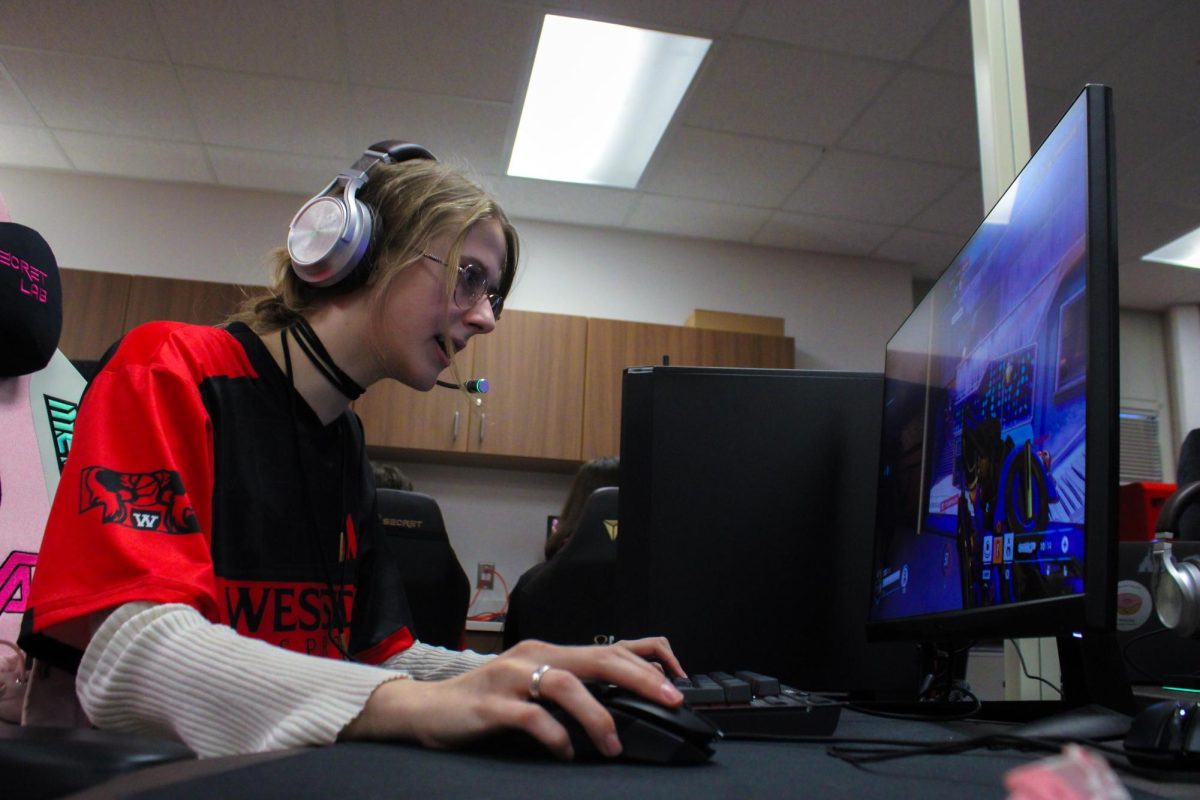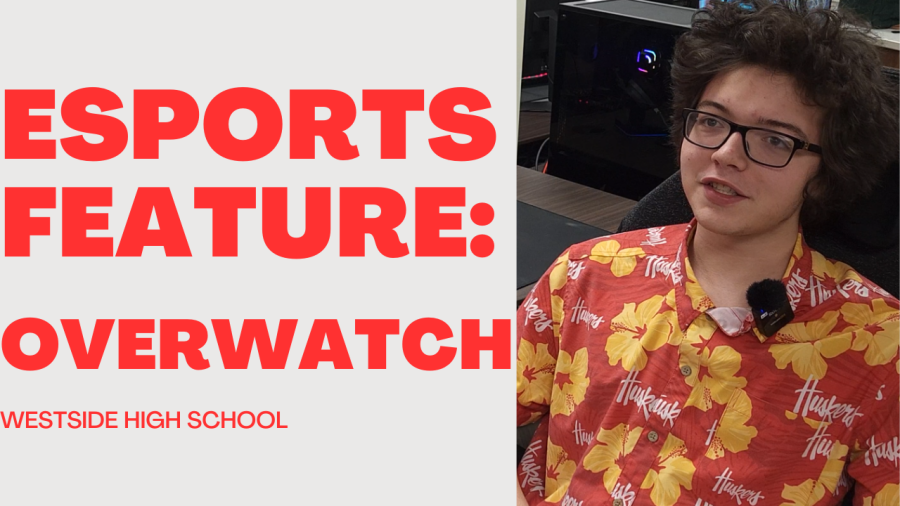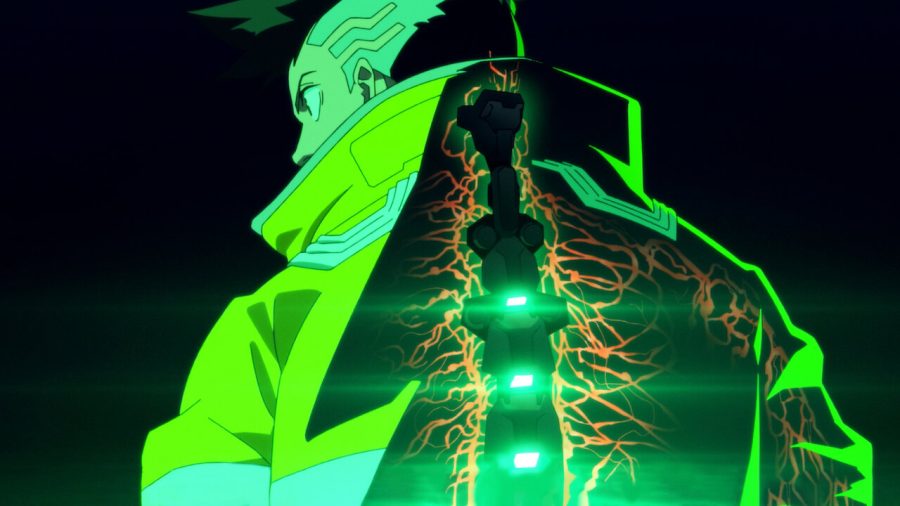On Tuesday, Sept. 12, Unity Technologies made a post to the Unity forums about updated pricing for the Unity Editor game design and creation engine. This forum post introduced a “Runtime Fee”, a new cost to publishing games made in the engine.
The fee would force developers to pay money for every installation they receive in the month, and it presents major issues for many indie developers.
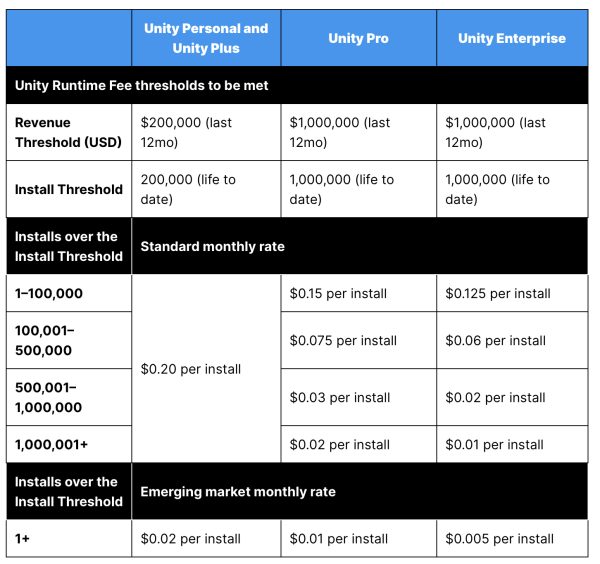
The fee costed upwards of 20 cents per install a month for games made in Personal and Pro tiers of the engine. The fee went down for those who pay for more expensive tiers, but the underlying problem is that it charged by install, not by purchase.
Say someone liked a game on their computer, so they downloaded it to their Steam Deck the same month. This is an extra install, and the whole shebang would cost developers 40 cents. What was more worrying is that the fee had a chance to apply to any game, so if a game has a random spike, like 2018’s Unity game ”Among Us”, they don’t have to pay retroactively. However, if people deleted the game and redownloaded it to play the upcoming update, it could financially ruin
The problems get worse though when you factor in that the payments would be charged for downloads in which the developers made no money, i.e., Xbox’s Game Pass and pirated copies. This practice could potentially allow “install-bombing”, or the practice of repeatedly pirating and deleting a game, to become a credible threat. In addition, the move could jeopardize many common industry practices, such as demos and Game Pass, to become risky for Unity developers. Overall, the new policy wasn’t planned out.
Over the next week, and across social media, many developers and players posted videos, memes and text posts decrying the company. News trickled from Unity, but it was conflicting. Some sources said that the fee would apply to Microsoft for all the Unity games in its Game Pass. However, this was still a major risk, as this proposes either the death for Unity on Gamepass, or the lawsuit to end all lawsuits.
For the average developer, it was hard to know what to trust. On Sept 17, Unity released an apology, and announced an update. On the 22nd of that month Unity posted a blog post rolling back much of the sweeping changes, and announced a revenue share model similar to Unreal Engine, which charges via sale. This protects Unity Personal users, and users of other levels of the engine. However, the damage to Unity’s trust was heavy. It isn’t likely the engine will continue to be as big of a player, especially with open-source software like Godot. Still, Unity did take steps to rollback the fee’s damage, and hopefully this means they will be more likely to listen in the future.


